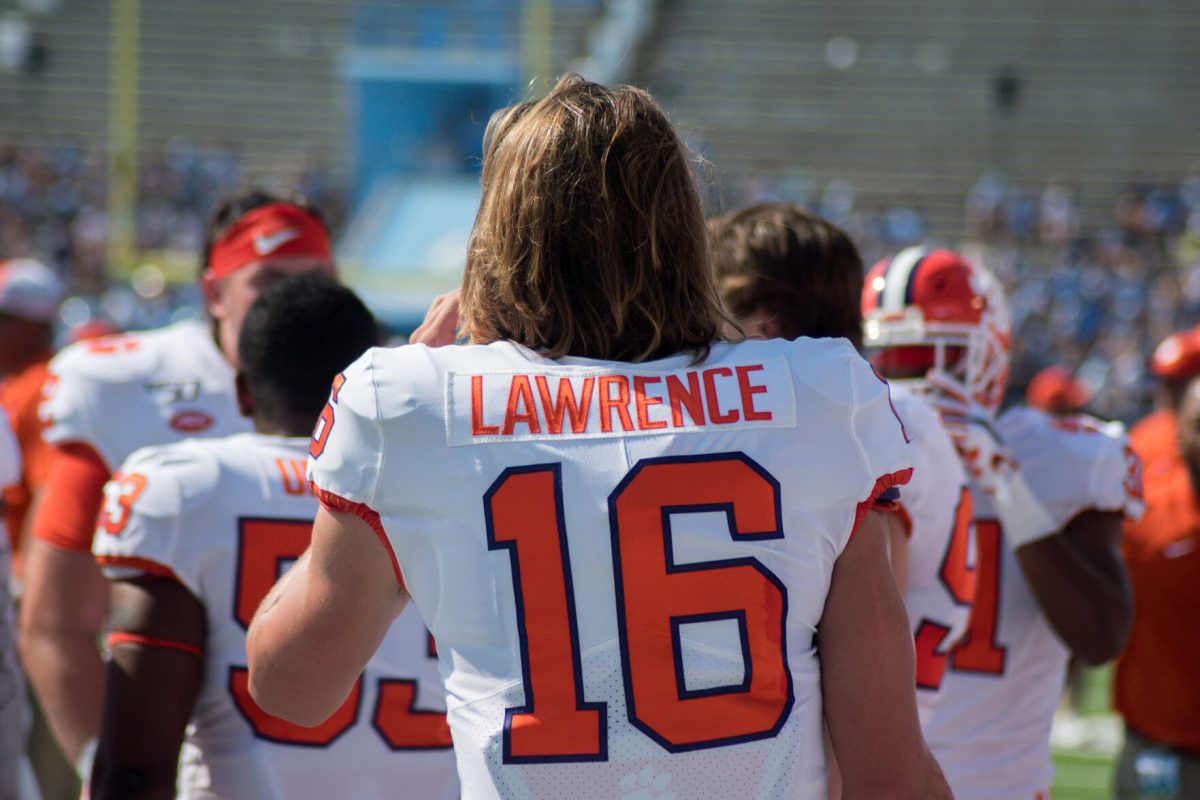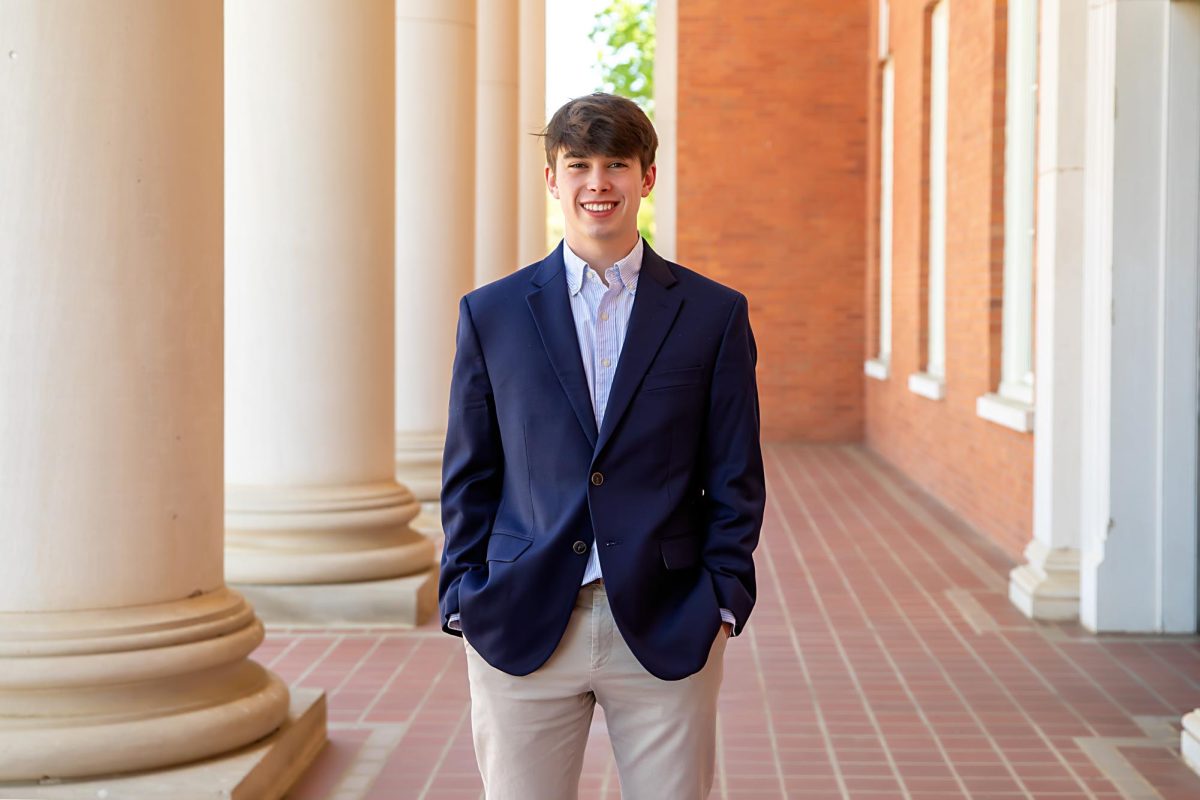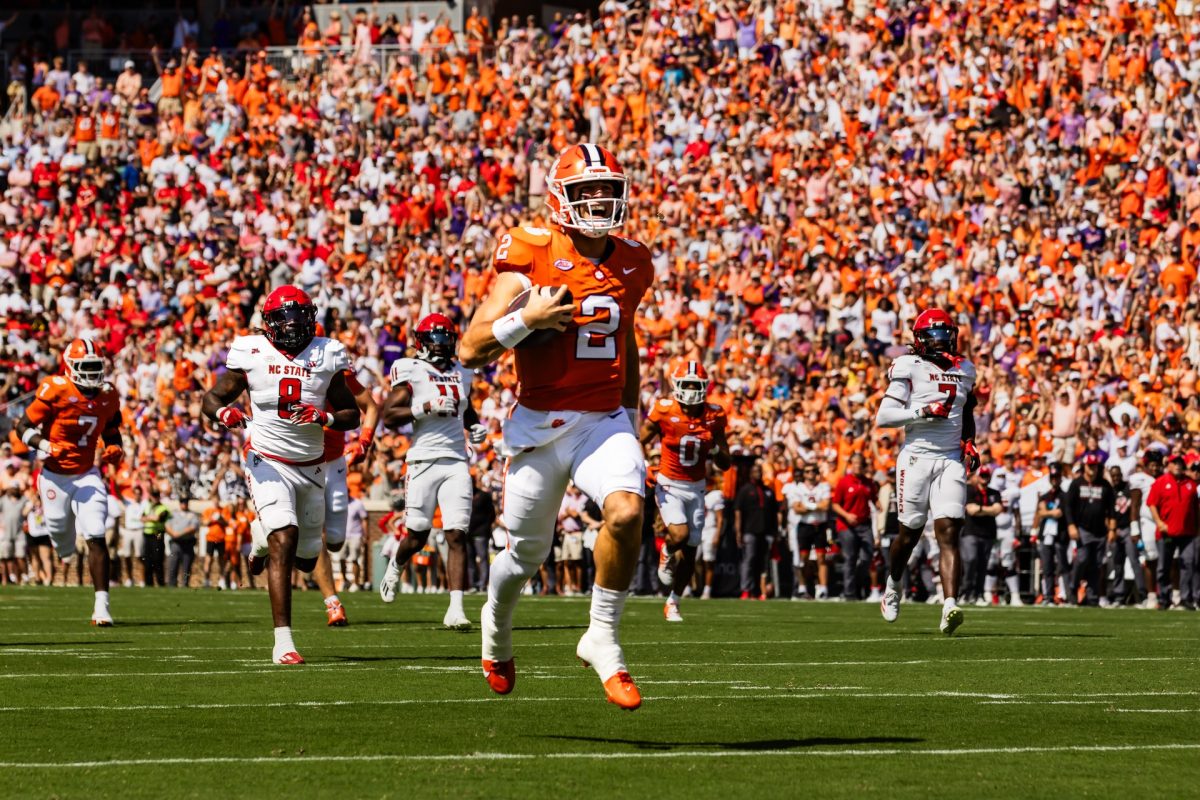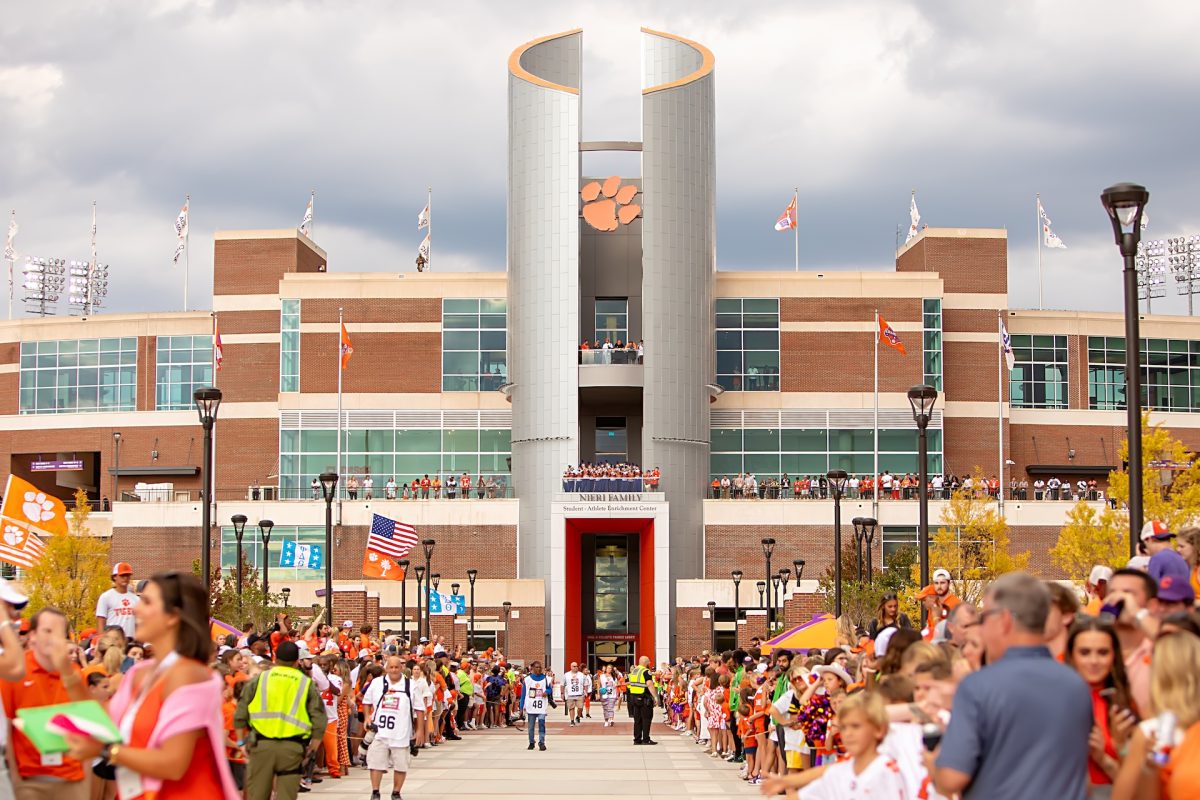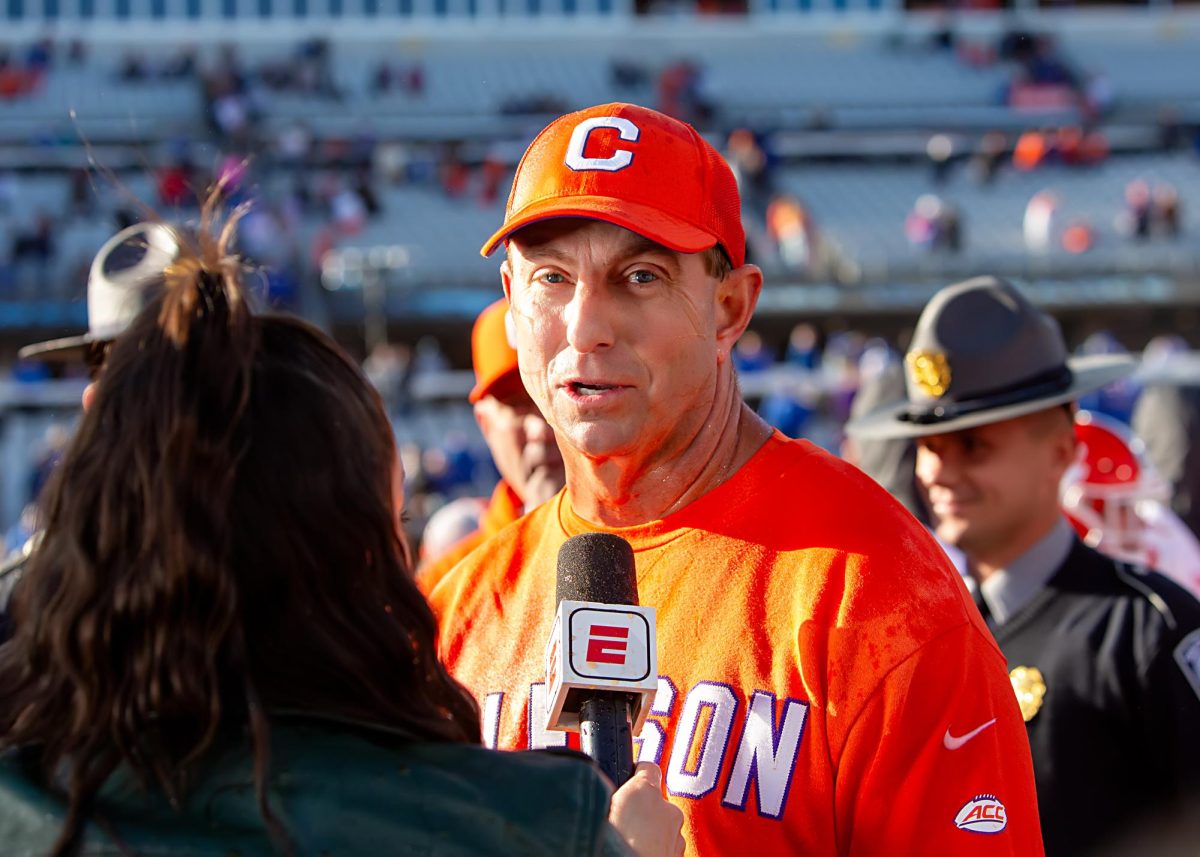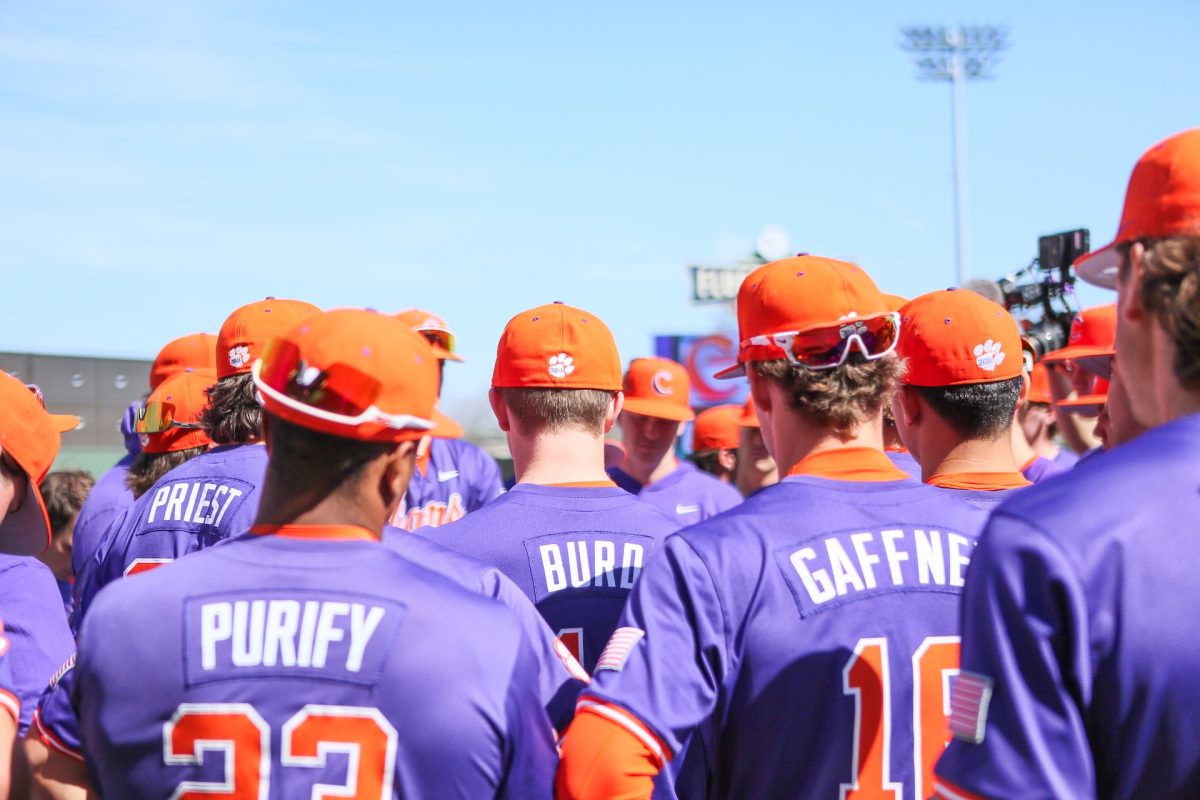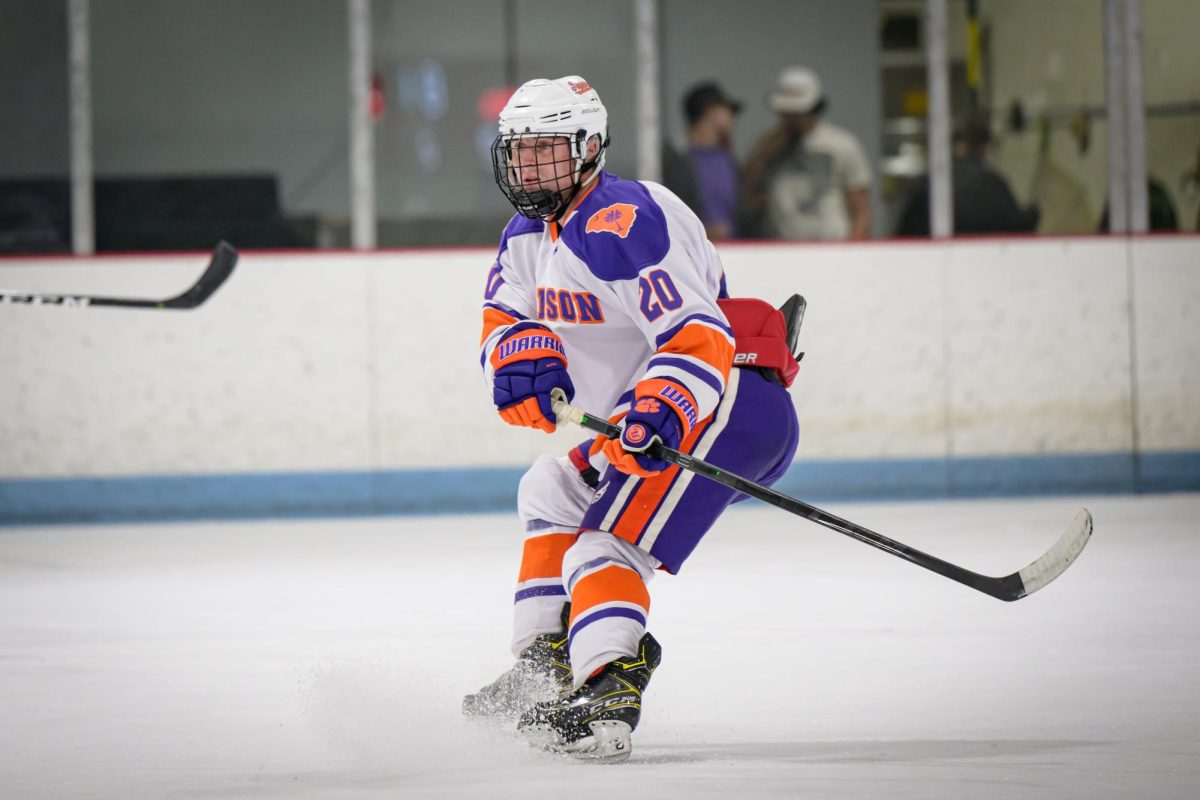For the past several decades, college athletes have been exploited by the NCAA with no real representation in decision-making processes. The power-hungry executives of the NCAA get to run the show while the athletes do the all heavy lifting with little to no compensation. However, it appears that those days may soon be over as college football stars, such as Clemson’s Trevor Lawrence and Darien Rencher, have pleaded with the NCAA to establish a players association, which would be a groundbreaking development in college athletics.
Unlike professional sports leagues, the NCAA has no players association or official players group directly that allows student-athletes to have an input on critical issues and decisions. College football is currently facing one of those critical issues with the COVID-19 pandemic and the uncertainty of the upcoming season. With the doubts surrounding the season, Lawrence along with many other college football players tweeted out a joint message to the NCAA. The tweet lists the wants and needs of the players and included a remark about “[Using their] voices to establish open communication and trust between players and officials; ultimately create a college football players association representative of the players of all power 5 conferences.”
Originally tweeted by Lawrence, the list caught fire with the media and Lawrence became the unofficial voice of college football. Since his first game as a freshman, Lawrence has always been an outstanding leader on the field, but it was not until his recent series of tweets and press conferences that allowed fans to see what type of leader he is off the field.
In addition to the media paying close attention to Lawrence’s voice and leadership skills, President Donald Trump also viewed Lawrence’s message and retweeted it. Trump recently praised Lawrence in one of his press conferences, saying that he and Lawrence had talked on the phone. With the heightened attention gained by President Trump’s interactions with Lawrence, a spotlight is finally shining on the need for a players association where players can have a voice.
When the President of the United States retweets a college quarterback’s message, it is clear that social media is playing a massive role for players this season. However, the use of social media during football season was heavily restricted by Head Coach Dabo Swinney since 2012. Now, for the first time since then, there are no major restrictions and players are able to express themselves on Twitter or Instagram. Since Swinney was named head coach, he has tried to limit his players’ distractions, but he recognizes that it is time for players to speak up for what they believe in.
Despite the bombardment of tweets from football players and attention by the media, two power five conferences, the Big Ten and Pac-12 refused to listen to their players’ interests and canceled their football seasons. With these two decisions being made, the players need to continue to push for a players association. Similarly, only continuous and repetitive actions on the players’ side will end up with the proper representation of the players. These athletes are students first, but the reality is they draw in hundreds of millions of dollars every season and deserve to have a voice.
A players association would allow players to advocate for a multitude of legislation, rule changes, and potential salaries. This season, those rules and regulations behind player safety are elevated to a much higher degree due to concerns of COVID-19. If there was already a players association established before the outbreak, players could have proposed what they thought was the safest way to conduct meetings, practices, and games. Instead, only executives and team officials have been able to control the regulations.
In one of his more recent press conferences, Swinney said, “We have a players association with how we run our program here…. You know all these players have always, from 2009, we’ve had lots of communication. That’s how we’ve made a lot of decisions, and a lot of great things have come in our program through our players, and through their voicing. So I think that on a bigger scale throughout college football would be awesome.” Although Clemson appears to use players’ input on these issues, other teams and conferences may not be as supportive as Swinney.
In addition to the safety regulations, a battle that can potentially be won by an NCAA players association is the same battle that has gone on for years: paying athletes. According to Clemson’s financial statements, Clemson’s football program generated a $7.6 million profit in the latest fiscal year. That number seems high, but it is laughable in comparison to the $357 million that the NCAA makes per year on average. While many of Clemson’s football players receive a free education due to scholarships, shouldn’t a large portion of that money go directly back to the students? After all, they are the ones who are putting their bodies on the line for the benefit of the university and the NCAA. With the help of a unified group of student-athletes, legislation can be formulated, advocated for, and eventually passed. This would give some of Clemson’s hardest working students the monetary compensation they deserve.
Lawrence calling out the NCAA and the executives making all the decisions for the players was a monumental step in creating a players association; however, it is hardly over. Star athletes, such as Lawrence, need to continue to push for this cause even proceeding their collegiate careers. The process of creating a players association may be tiresome, but as long as collegiate players keep fighting for their voices to be heard, the NCAA will have no choice but to give the players the voice they deserve.


